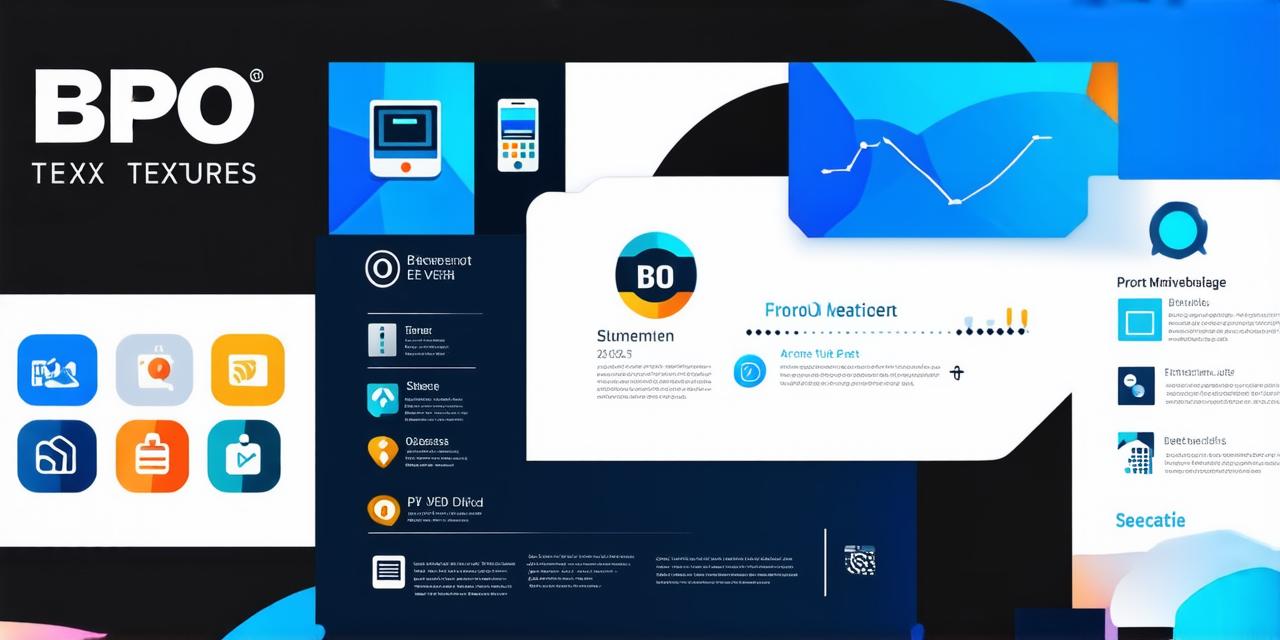What is business process outsourcing bpo
BlogTable of Contents
ToggleBusiness Process Outsourcing: What You Need to Know
Business process outsourcing (BPO) is a popular strategy for companies looking to reduce costs and improve efficiency. By outsourcing non-core business processes, such as customer service or payroll, businesses can free up resources to focus on their core competencies.
What is Business Process Outsourcing?
BPO involves outsourcing certain business processes to a third-party provider. This can include tasks such as customer service, data entry, accounting, and logistics. The goal of BPO is to improve efficiency, reduce costs, and increase flexibility. By outsourcing these processes, businesses can free up resources and focus on their core competencies.
There are three main types of BPO:
- Nearshore BPO – This involves outsourcing processes to a provider located in the same time zone as the business.
- Offshore BPO – This involves outsourcing processes to a provider located in a different time zone, often in a lower-cost country.
- Onshore BPO – This involves outsourcing processes to a provider located within the same country as the business, but not necessarily in the same region.
Benefits of Business Process Outsourcing
There are many benefits to business process outsourcing. Some of the most significant include:
- Cost Savings – By outsourcing non-core processes, businesses can reduce their costs significantly. This is because they can take advantage of the lower labor costs in countries where BPO providers are located.
- Improved Efficiency – Outsourcing non-core processes allows businesses to focus on their core competencies, which can lead to increased efficiency. This is because the business can dedicate more resources to its core activities, such as product development or marketing.
- Increased Flexibility – By outsourcing certain processes, businesses can be more flexible in responding to changes in demand or market conditions. For example, if a company experiences an unexpected increase in customer inquiries, it can quickly scale up its customer service operations by outsourcing additional resources.
- Enhanced Expertise – BPO providers often have expertise and experience that businesses may not have in-house. By outsourcing certain processes, businesses can take advantage of this expertise to improve their operations and gain a competitive edge.
- Improved Quality – BPO providers often have rigorous quality control procedures in place, which can help ensure that business processes are executed efficiently and effectively. This can lead to higher-quality products or services, as well as improved customer satisfaction.

Real-Life Examples of Business Process Outsourcing
There are many companies that have successfully implemented BPO strategies. Here are a few real-life examples:
- Delta Airlines – Delta Airlines outsources its maintenance operations to an outsourcing provider in Mexico. This allows the airline to focus on its core competencies, such as customer service and route planning, while also benefiting from the lower labor costs in Mexico.
- American Express – American Express outsources its data entry and accounting processes to a BPO provider in India. This allows the company to take advantage of the lower labor costs in India, as well as the expertise and experience of the BPO provider.
- McDonald’s – McDonald’s outsources its supply chain operations to an outsourcing provider in China. This allows the fast food giant to take advantage of the lower labor costs in China, as well as the expertise and experience of the BPO provider in managing complex supply chains.
How Business Process Outsourcing Works in Practice
Business process outsourcing typically involves the following steps:
- Identify non-core business processes that can be outsourced to a third-party provider.
- Research and select a suitable BPO provider based on factors such as cost, expertise, and location.
- Develop a detailed agreement outlining the scope of work, service levels, and performance metrics.
- Implement the outsourcing arrangement, including transferring data, processes, and resources to the BPO provider.
- Monitor and manage the outsourced processes to ensure they are being executed effectively and efficiently.
- Continuously review and evaluate the outsourcing arrangement to identify opportunities for improvement and optimization.
